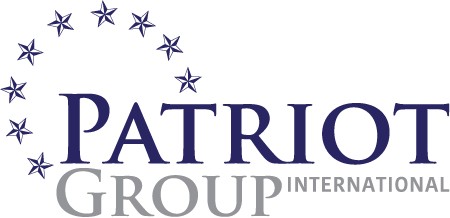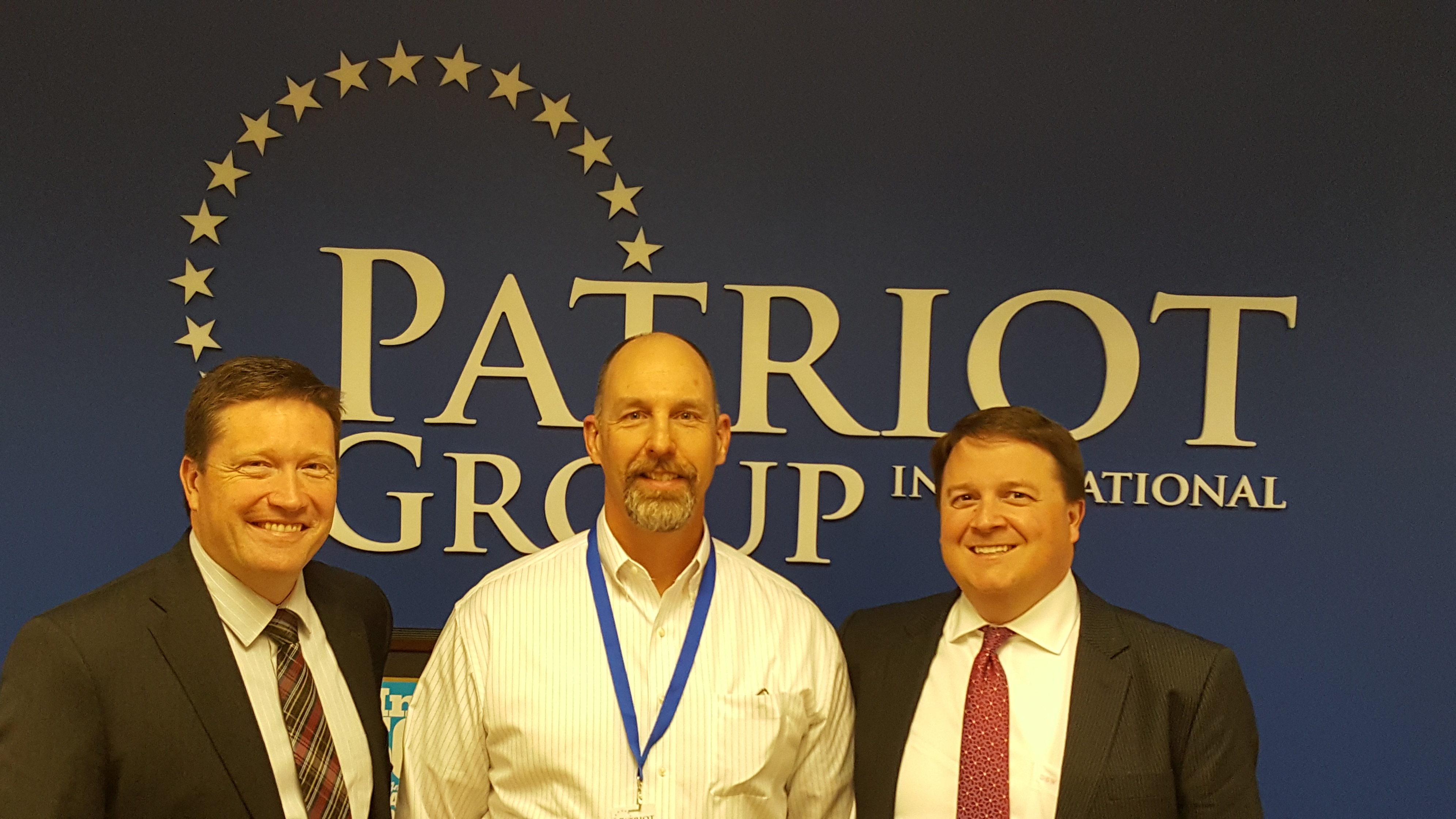Joining the Fight Against Human and Labor Trafficking
True or False? Slavery Still Exists
True. Today, slavery often manifests in labor trafficking—debt bondage, forced work, involuntary child labor and more. According to the International Labour Organization (ILO), almost 21 million people are victims of forced labor, and almost 19 million are exploited by private individuals or enterprises. Migrant workers and indigenous individuals are particularly in danger of being forced into labor.
The ILO reports that forced private economy labor brings $150 billion in illegal profits to the US—per year. In the past few years, American bipartisan efforts have focused on eradicating labor trafficking in conjunction with American business. In 2015, a new Federal Acquisition Regulation (FAR) rule was implemented to strengthen protections against human trafficking, specifically when it comes to federal contracts.
Going FARther than the Regulations
Federal contractors must now certify human trafficking compliance when awarded contracts. Unfortunately, certification can be as simple as signing papers stating your company is compliant—with little or no validation required.
That is not how PGI does business. We know we can do more to detect, deter and defeat human trafficking, and that’s why we’ve joined forces with Chaintegrity.
Chaintegrity delivers a comprehensive suite of solutions to companies serious about maintaining supply chains free of trafficked labor. Services are customized based on each customer’s operations, industry, sourced materials and existing internal compliance resources. These services include program assessments, screening, training, monitoring, investigations, government reporting and more.
In many cases, American companies unwittingly commit human rights violations. Ignorance of subcontractors and their practices overseas—including companies they choose to hire—often leads to unintentional involvement in labor trafficking.
For PGI, our partnership with Chaintegrity is a way to avoid participation in forced labor and exploitation. It is a pledge and a promise; A pledge not to ignore the existence of these criminal acts, nor the potential of unintentional involvement; A promise to do everything in our power to mitigate human rights violations and mitigate risk—even when it costs more to do so; A pledge to maintain ethical business practices not just within PGI, but to hold our subcontractors—and their subcontractors—to the highest possible standard.
Human rights violations and government contracting are unfortunately historically intertwined. PGI and Chaintegrity strive not to be compliant, but to lead by example, and become an active participant in the fight to eliminate human and labor trafficking.

